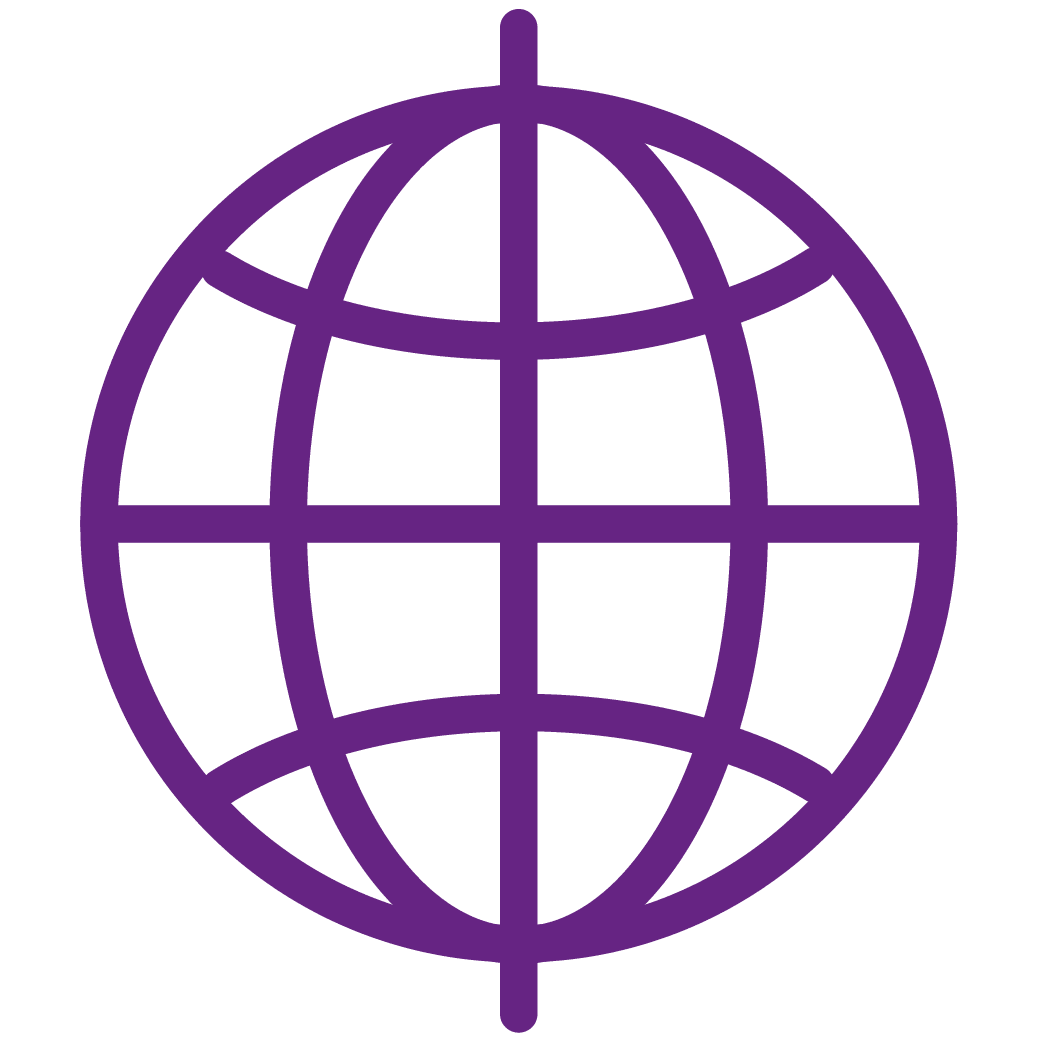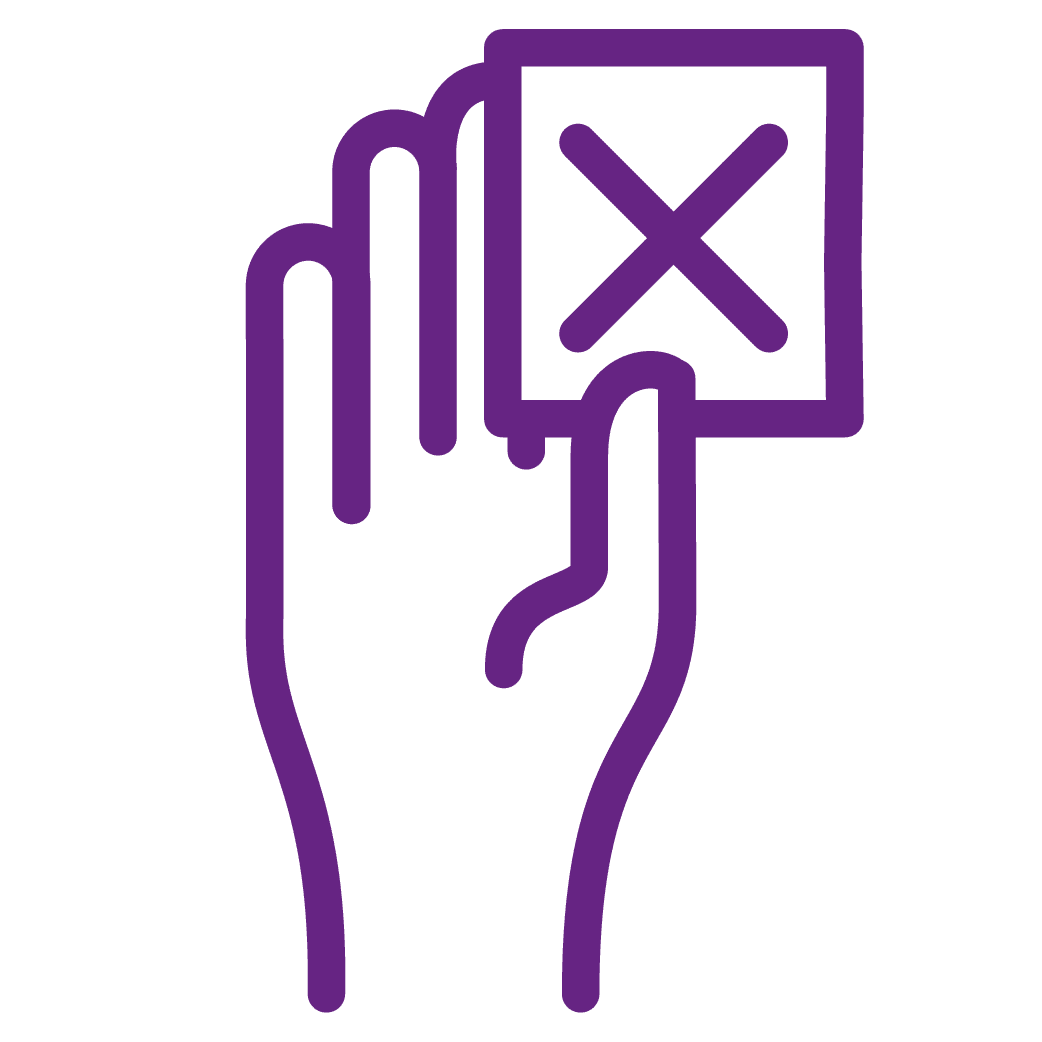The situation in Madagascar has been characterized by a series of institutional crises since the country gained independence from France in 1960. These have held back socioeconomic development and limited the per capita gross domestic product to US$500, which is less than a third of sub-Saharan Africa’s average of US$1,633 . This has led to widespread poverty, a lack of infrastructure and entrenched institutional weakness. The situation has been exacerbated recurring health (COVID-19; bubonic and pneumonic plague) and climate (cyclones, floods, droughts) crises that have plunged 79.8 per cent of the population below the poverty line.




Development and Peace ― Caritas Canada works in Madagascar because the people face insecurities owing to their exclusion from decision-making in public life and with respect to the governance of natural resources. People do not have adequate access to, safe use of or control over the natural resources of their environment. In rural areas, they also struggle against exploitative systems.
Our programme is based on an approach that values the empowerment of people for their own development through self-help.
Our partners conduct two groups of complementary activities that:
*This program has received financial support from the Government of Quebec since 2017 through its ministère de l’Environnement, de la Lutte contre les changements climatiques, de la Faune et des Parcs and/or its ministère des Relations internationales et de la Francophonie.
Madagascar’s prospects hinge on building a self-help-based system of resilience. We will continue working to organize people at the community level so that they can bounce back individually and collectively in a sustainable manner. This will be done through improved networking and stronger advocacy to facilitate the creation of social and agricultural policies that are favourable to the people.
About us
Our work
Get involved
Ways to give
Resources
Get in touch
555 René-Lévesque Blvd. West, 8th Floor
Montreal (Quebec) Canada H2Z 1B1
Phone: 514-257-8711
Toll-free: 1-888-234-8533
Fax: 514-257-8497
Email: info@devp.org
Charity number: 1 1882 9902 RR 0001


Our international cooperation program is carried out in part with the financial support of the Government of Canada acting through Global Affairs Canada.
Development and Peace — Caritas Canada is the official international solidarity organization of the Catholic Church in Canada and the Canadian member of Caritas Internationalis.
Copyrights © 2024
Don’t miss anything about the work of our international partners or our awareness and mobilization campaigns.
Sign up now for our newsletter.